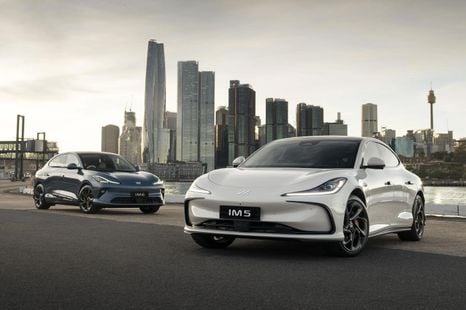

CarExpert
How IM presented by MG Motor's digital chassis reinvents driving dynamics
6 Minutes Ago
Bannister Law is seeing if there are grounds for a class action against Hyundai and Kia in Australia, over claimed engine failures.

Senior Contributor
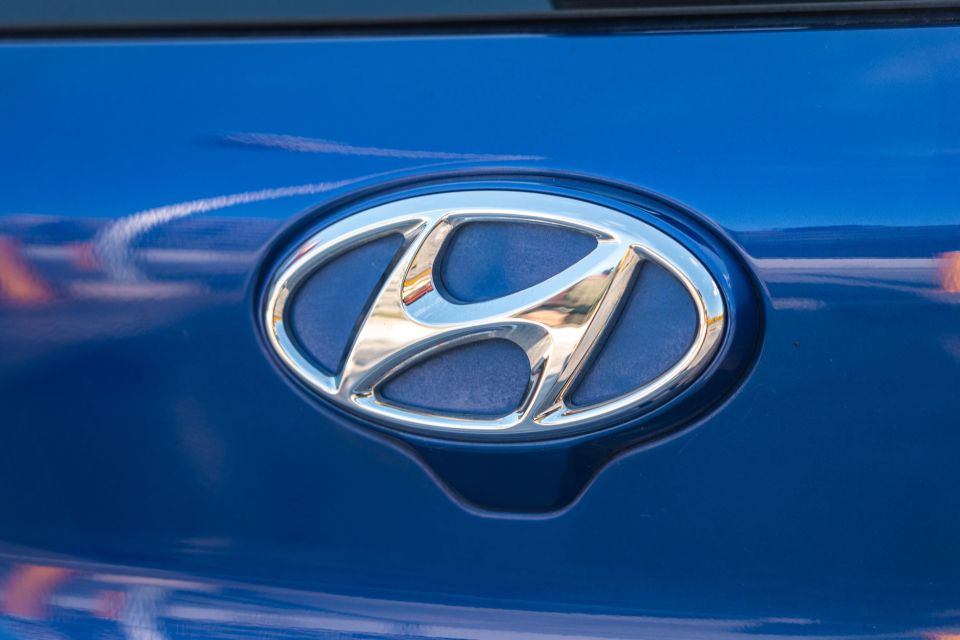

Senior Contributor
Legal firm Bannister Law is investigating grounds for a class action against Hyundai and Kia in Australia, related to widely-documented engine problems with American-market cars.
The US National Highway Traffic Safety Administration (NHTSA) issued a series of recalls affecting more than a million US-market Hyundai and Kia vehicles over the past few years, including this one of 129,000 cars in December.
The issue centres around premature wear and tear to the connecting rod bearings, caused by lingering metal debris generated by factory machining. The rough surface restricts oil flow, causing engine damage and symptoms such as engine knocking and seizing, and even fire.
NHTSA’s myriad safety recall reports estimate between one and two per cent of affected Hyundai and Kia vehicles actually show symptoms.
Now Bannister Law says it has “reason to believe” the same issue may be present in Australian vehicles, and is asking owners of Hyundai and Kia cars with certain types of petrol engine produced between 2009 and 2019, to fill out a form if they have a story to tell.
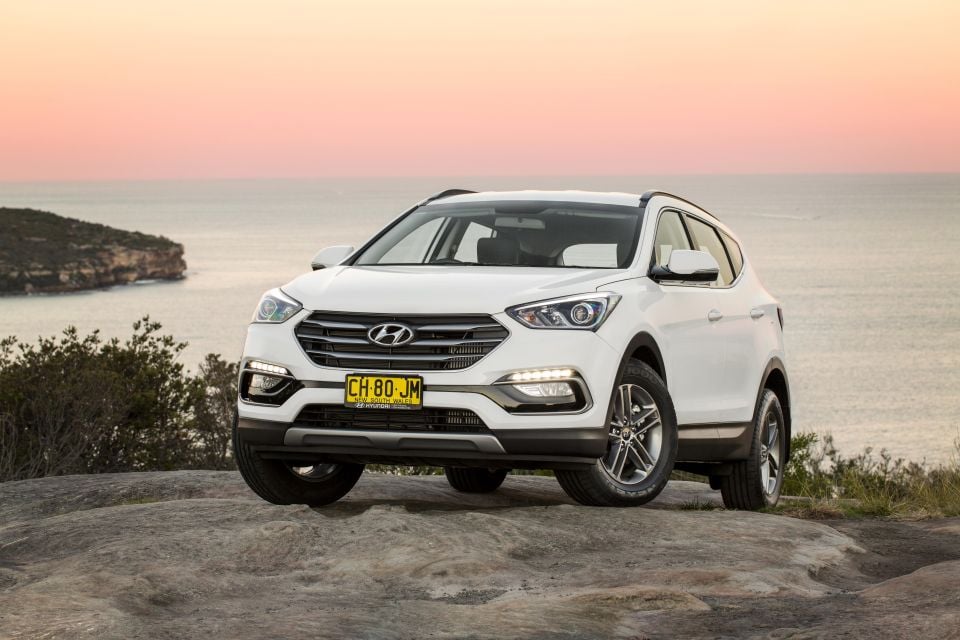
We would note here that there is no current class action, but rather Bannister Law is seeking submissions from punters to see if there are people affected by this issue, on its website. Testing the waters, then.
Affected vehicles were made between 2009 and 2019, and use petrol engines up to 2.4-litres in capacity. Nameplates cited include the Hyundai Santa Fe, Sonata, Tucson and Veloster; and the Kia Sorento, Optima, and Sportage.
Hyundai Motor Company Australia told us this week in response that was aware of the investigation, but that overseas recalls did not necessarily affect local-market cars.
The NHTSA recall notices mention affected vehicles/engines were made both in the United States as well as Korea – where most Australian-market Hyundais and Kias are produced.
Hyundai Australia also enacted a recall in June of 2017, affecting just under 10,000 i45 and Santa Fe models using its 2.4L GDI ‘Theta’ engine, produced between 2009 and 2013. This recall relates to the 2009-2019 U.S. engine recalls.
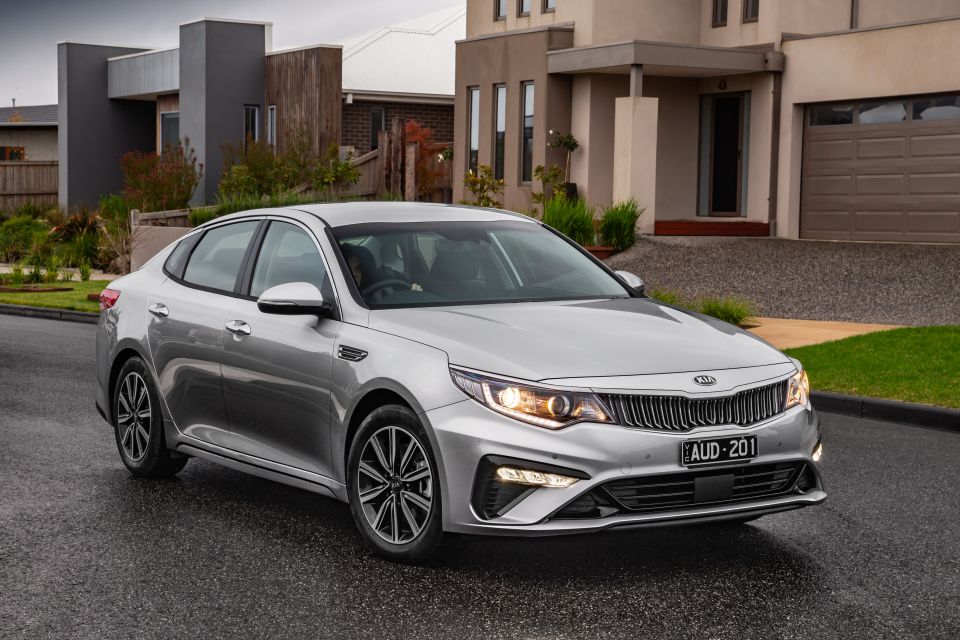
In reference to the Bannister Law investigation, Hyundai Motor Company Australia said the following:
“At Hyundai Motor Company Australia, the safety of our customers is and has always been our number one priority.
“That is why any incident that has the potential to compromise that safety, is taken extremely seriously. We undertake voluntary recalls of vehicles in accordance with our obligations under the Australian Consumer Law and Road Vehicle Standards Act. Vehicle recalls are a swift and effective means of replacing any component that may have a fault, at zero cost to the owner.
“A recall of a Hyundai vehicle in an overseas country does not necessarily mean Hyundai vehicles in Australia are also affected by the same issue.
“We are aware of the class action investigation and note that no proceedings have been filed. In the meantime, we continue to resolve any issues for owners as quickly as possible, regardless whether they are related to recalls or not.
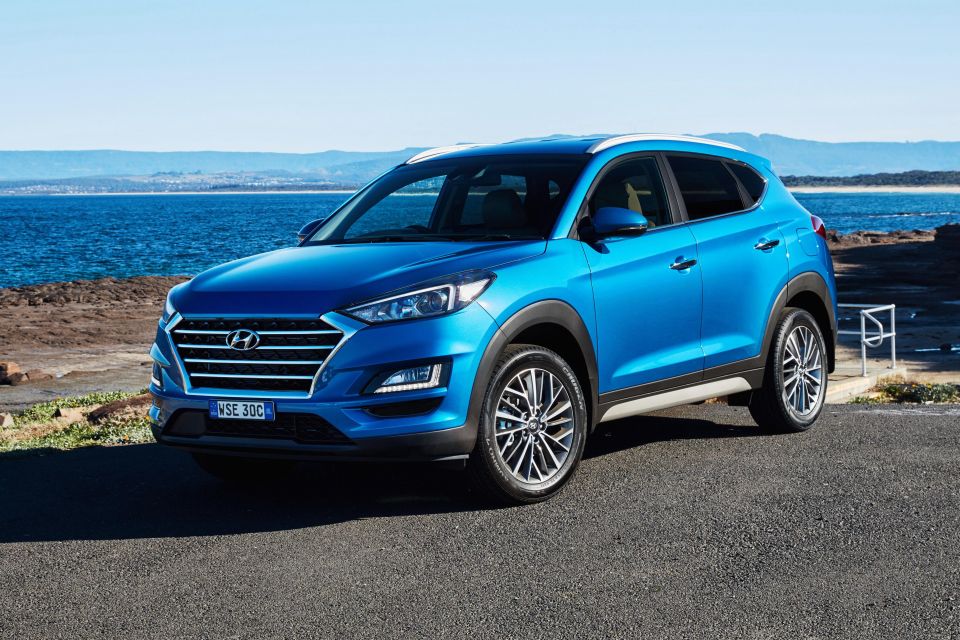
“If a Hyundai owner has concerns about their vehicle, they should contact our Customer Care team directly via our website, or call 1800 186 306. Our team is based at our Head Office in Sydney and is ready to assist with any enquiries. To check if a Hyundai vehicle is subject to a safety recall, owners can also enter their VIN details here.”
Bannister Law is concurrently running a separate class action investigation into Hyundai Australia over potential fire risks for models such as the Tucson.
In a government recall submission dated February 2021, Hyundai said “affected vehicles need to be parked in an open space and away from flammable materials and structures” until fixed.
“We know from speaking to some of these drivers that this issue is keeping them up at night as it’s simply not possible for many city dwellers to park their car on the street,” contended Bannister Law Principal, Charles Bannister.
“We have heard from owners who are having to contend with bat excrement destroying paint work, damage from falling trees and branches and damage from cars and passers-by in busy, built up areas.”
OTHER CLASS ACTIONS: Toyota DPF class action, what’s the latest?


CarExpert
6 Minutes Ago
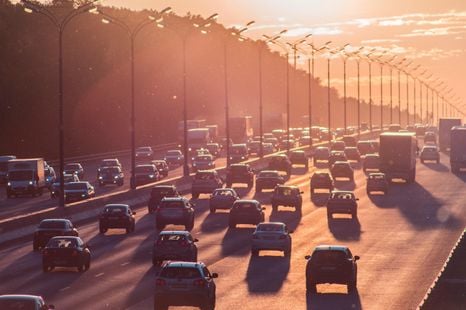

Damion Smy
2 Hours Ago
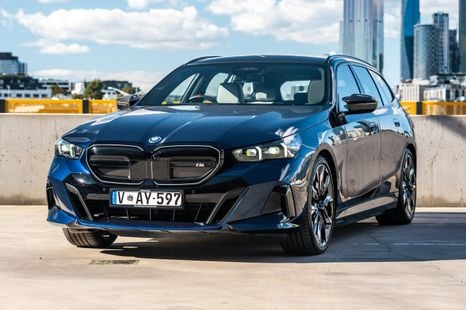

Damion Smy
8 Hours Ago
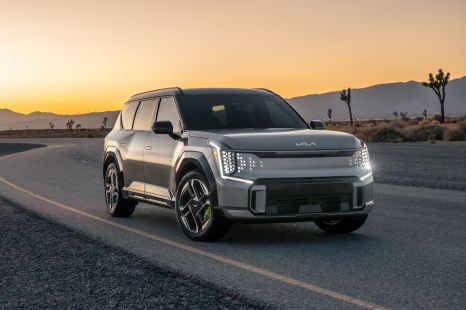

William Stopford
15 Hours Ago
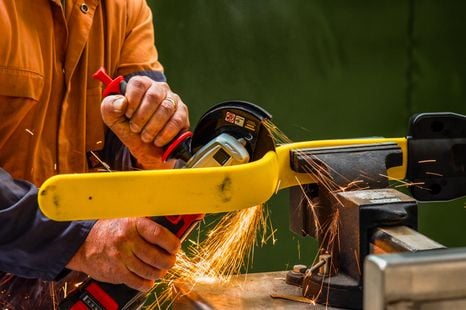

Paul Maric
16 Hours Ago
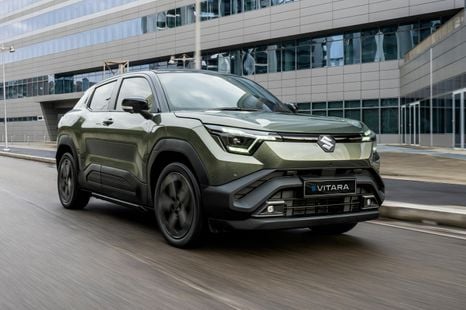

Damion Smy
16 Hours Ago
Add CarExpert as a Preferred Source on Google so your search results prioritise writing by actual experts, not AI.